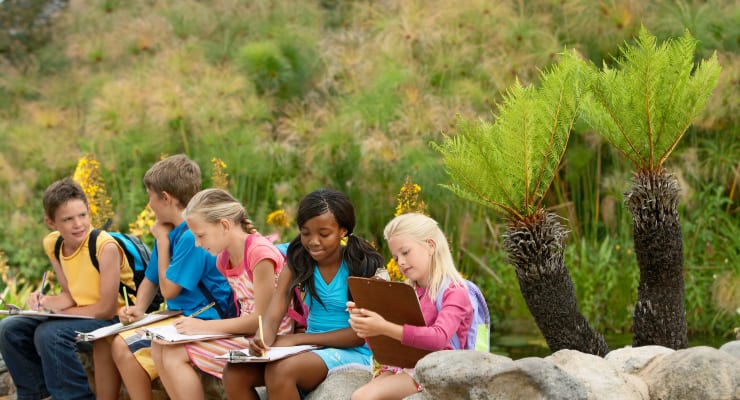Homeschooling offers a unique opportunity for families to explore the world as a classroom, where travel becomes an integral part of education. These homeschooling trips provide a hands-on, immersive learning experience that goes beyond what traditional classrooms can offer. Let’s embark on a journey to understand the concept of homeschooling trips and how they enrich the educational experience.

Exploring Educational Freedom
Homeschooling is about more than just studying at home; it’s a lifestyle that allows flexibility and freedom in education. Parents or guardians have the liberty to design a curriculum that caters to their child’s specific needs and interests. As part of this approach, homeschooling trips play a pivotal role in broadening a child’s horizons.
Learning Through Travel
The idea of a homeschooling trip is to make learning come alive. Rather than reading about history or geography from textbooks, students can visit historical landmarks, museums, and geographical wonders. For instance, a visit to Washington, D.C., offers a firsthand look at the U.S. government’s functioning and the country’s history.
Building Lifelong Skills
Homeschooling trips aren’t just about subject-based learning. They are a platform for developing essential life skills such as problem-solving, decision-making, adaptability, and communication. When children experience different cultures, foods, and languages while traveling, they’re gaining a broader perspective of the world.
Science and Nature Exploration
Many homeschooling trips focus on science and nature, allowing students to explore ecosystems, wildlife, and geological phenomena. A trip to the Grand Canyon, for example, can serve as a comprehensive geology lesson. Studying marine life becomes fascinating during a visit to the Great Barrier Reef.
Cultural Immersion
Cultural homeschooling trips are a way to understand diversity. By visiting different countries or even diverse regions within their own country, homeschoolers can immerse themselves in unique customs, traditions, and lifestyles. The experience fosters an appreciation for the richness of the world’s cultures.
Hands-On History
Historical sites come to life during homeschooling trips. Walking through ancient ruins, exploring medieval castles, or visiting battlefields provides a tangible connection to history. These experiences help students understand the context and significance of historical events.
Nature Conservation
Homeschooling trips often emphasize environmental education. Students can visit national parks, conservation centers, or wildlife sanctuaries to learn about the importance of protecting the planet. These experiences can instill a sense of responsibility for the environment.
Broadening Horizons
One of the key advantages of homeschooling trips is that they foster an open-minded and curious outlook. Exposure to diverse environments and people broadens a student’s horizons and helps them embrace global perspectives.
Real-World Application
Homeschooling trips allow for real-world application of knowledge. Whether it’s calculating distances on a road trip, budgeting for expenses, or understanding local customs and traditions, students are constantly applying their learning.
Family Bonding
These trips are not just about academics; they also provide an opportunity for family bonding. Parents or guardians and children can share unforgettable experiences, fostering stronger relationships.
In conclusion, homeschooling trips are an integral aspect of alternative education. They provide students with experiential learning opportunities, foster essential life skills, and instill a sense of curiosity and wonder. These journeys take learning beyond the classroom, ensuring that students graduate with a rich tapestry of knowledge, experiences, and memories that will last a lifetime.